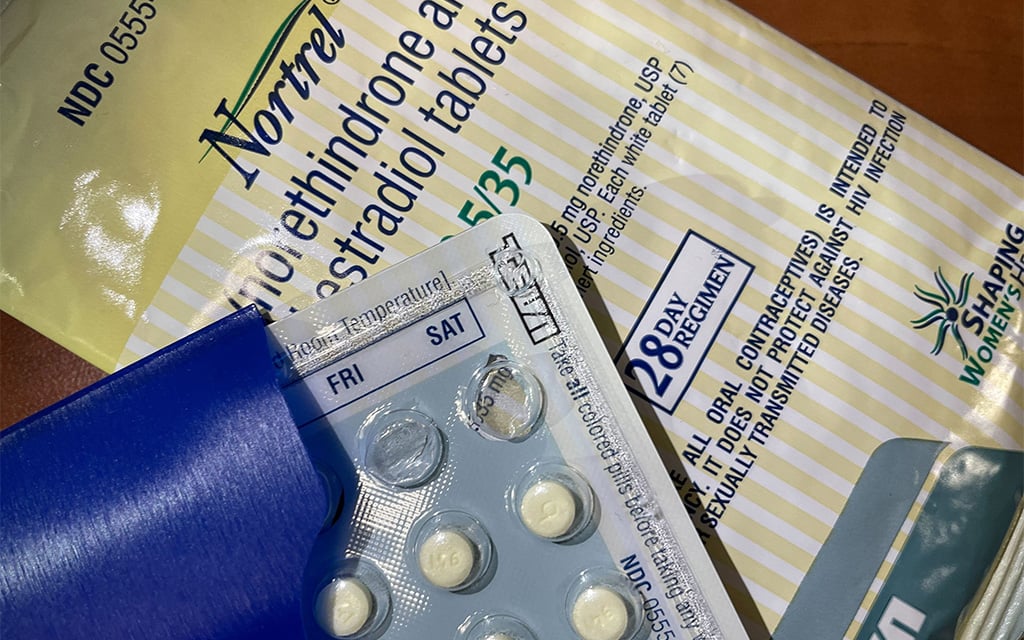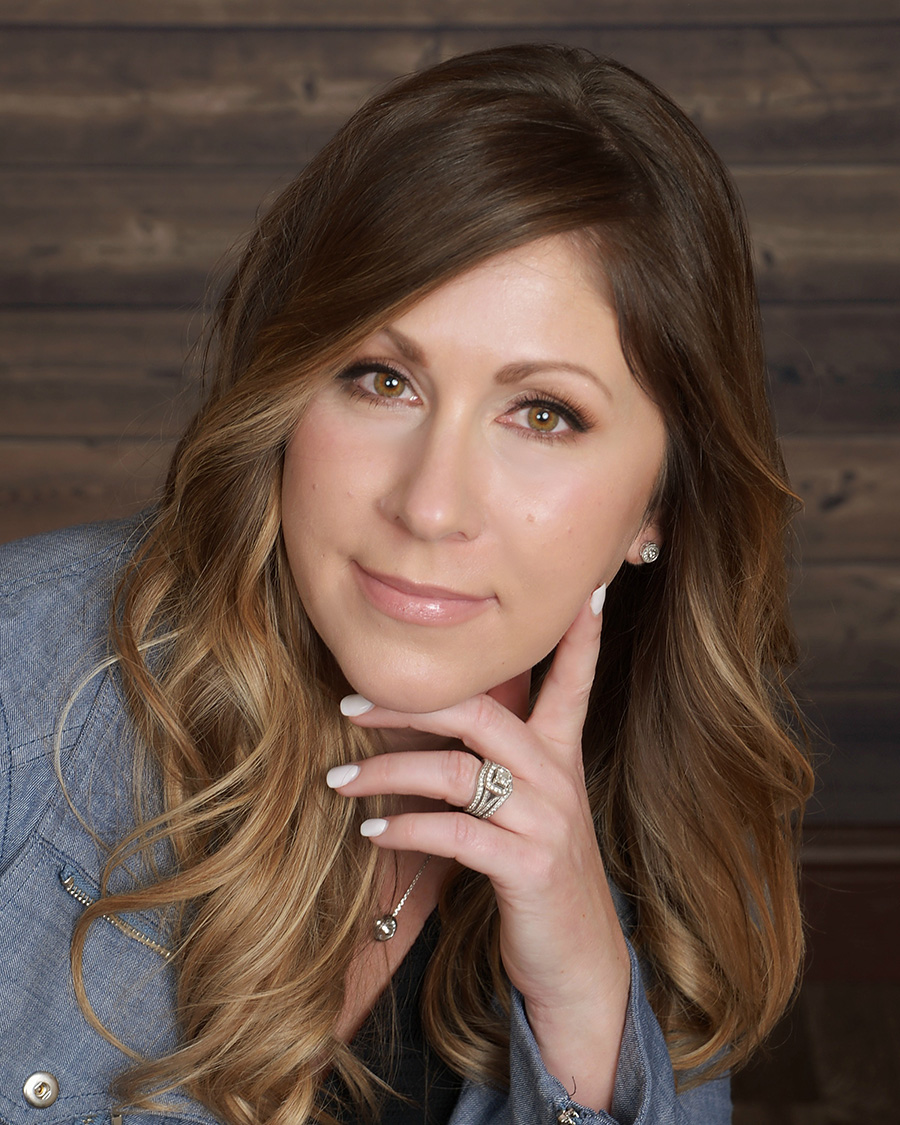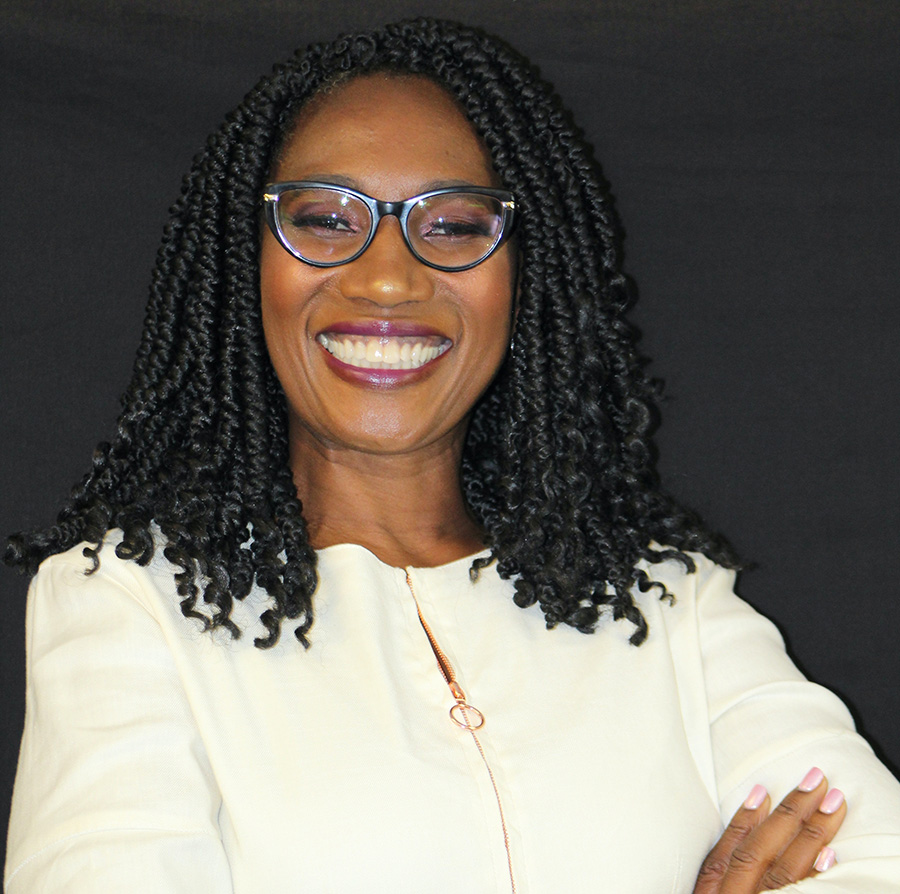- Slug: BC-CNS-OTC Contracptives,1050 words.
- 3 photos available (thumbnails, captions below).
By Angelina Steel
Cronkite News
PHOENIX – Arizona regulators this summer finalized long-awaited rules that allow expanded access to over-the-counter hormonal contraceptives for women over age 18 in the state.
“Reproductive freedom is critical to the individuals and families working hard to create a life for themselves in Arizona,” Gov. Katie Hobbs said in a July 6 news release publicizing the new legislation.
The American College of Obstetricians and Gynecologists supports over-the-counter access to hormonal contraception, pointing out the requirement for a prescription can be an obstacle for those who use contraceptives. The professional organization recommends over-the-counter contraceptives because they can be a cheaper and easier option for women who are uninsured, live in rural areas, or have to make special arrangements in order to see a health care provider.
However, Arizona pharmacists say the process, which likely won’t be available at local pharmacies until the end of the fall, won’t really be “over the counter.”
While a prescription won’t be required for most women to obtain the medication, it’s not as easy as picking up Tylenol or Plan B off the shelf.
Arizona Pharmacy Association CEO Kelly Fine says it’s not over the counter because you will still have to meet with a pharmacist in order to obtain the medication.
“If you were going into the pharmacy and you asked, ‘Can you recommend something for a headache?’ we can walk out and give you a product over the counter,” Fine said. “Those are truly over the counter. Birth-control pills dispensed by pharmacists are still prescription drugs and are not over the counter. You just do not have to come in with a prescription to receive them due to this new legislation.”
According to the nonprofit organization, Power to Decide, over 19 million women live in contraceptive deserts, areas where women lack reasonable access to centers that offer a full range of contraceptives. The organization uses research to map out the entire country, highlighting areas where women have to travel long distances to access a health center. The organization emphasizes that many women cannot afford to take time off from work, find a babysitter and travel those distances.
A KFF Women’s Health survey in 2022 found that over 36% of oral contraceptive users between the ages of 18 and 49 have missed taking their birth control on time because they were not able to get their next supply; 55% of these women were uninsured.
In order to secure the so-called over-the-counter birth control, Arizonans still may need to schedule an appointment with their pharmacist. And health officials urge women to check first, since pharmacies are not required to participate.
According to the legislation, SB 1082, a pharmacist will be required to obtain a nationally recognized self-screening risk assessment from each patient, and provide the patient with information about the contraceptive being dispensed.
Fine said those looking to benefit from the service will have to go in and fill out a questionnaire about their health history so the pharmacist can determine which form of medication, whether it be the pill, patch or vaginal ring, will be safe for them. The pharmacist will then use that questionnaire to ask additional questions to determine if the person has any contraindications. Additionally, they may have their blood pressure measured. Anyone who does not pass the screening may be referred back to their doctor. Those who qualify and have no contraindications may receive the medication.
In order to provide the service, Fine says, pharmacists are required to go through extensive training specific to hormonal contraceptives. Because of the training and preparation pharmacies must go through, Fine explains that the service won’t be available until the end of the fall season and pharmacies may charge a professional or consultation fee that the customer will be expected to pay out of pocket.
According to the Arizona Department of Health Services, patients are financially responsible for the service and may provide proof of insurance or out-of-pocket payment.
Fine says that despite it not being over the counter, she’s excited for the service to start rolling out because it will remove barriers that exist for some women and improve access to medications.
“I think it’s going to be a great option for women to get hormonal contraceptives. It’s going to be more convenient and improve compliance,” Fine said. “When your prescription runs out, you don’t have to schedule an appointment with your provider. You will be able to request refills from your pharmacist.”
Dr. Sharon Thompson, a gynecologist at Central Phoenix Obstetrics and Gynecology, says while there are health concerns regarding the service, it’s no more than any over-the-counter medication.
“There are health concerns but I’ll tell you this. Everything in medicine is about risk versus benefit. Tylenol and ibuprofen can have very serious health effects when taken by people with certain health conditions,” Thompson said. “I trust that the vast majority of women are smart enough to read instructions and use these medications to their benefit.”
Thompson feels this is a step in the right direction for women’s reproductive health.
“Women’s reproductive health needs to take its place among the rest of the body parts and not be controversial,” Thompson said. “This might bring down the temperature about reproductive health.”
She feels the reason a prescription has been required for contraceptives, is because of controversy around women’s reproductive health.
“Every time we talk about women’s reproductive health it becomes whether we’re talking about religion or politics. I just want it to be biology,” Thompson said. “I just want women’s reproductive health to be as uncontroversial as talking about cold medicine or Viagra.”
Shilah May, a 19-year-old out-of-state student studying criminal justice and criminology at Arizona State University, says she changed her birth-control method from the pill to an IUD because she couldn’t access the pill in a timely manner.
Although cost wasn’t a concern, she says being an out-of-state student made it a struggle to get a prescription. If there had been a better way to access birth control last year, she said she probably would have stayed on the pill and avoided the IUD, which has given her problems.
“I think it (accessible birth control) would have made things a lot easier. Instead of having to ship pills from my hometown I think it would make the convenience factor a lot easier,” May said.
For more stories from Cronkite News, visit cronkitenews.azpbs.org.
^__=
A pack of Nortrel combination birth-control pills, one of the hormonal contraceptives that Arizona consumers will be able to obtain without a prescription from some pharmacies. The Arizona Pharmacy Association estimates contraceptives like these will be available at the end of the fall season. (Photo by Angelina Steel/Cronkite News)
Arizona Pharmacy Association CEO Kelly Fine. (Photo courtesy of Kelly Fine)
Dr. Sharon Thompson, a gynecologist at Central Phoenix Obstetrics and Gynecology. (Photo courtesy of Dr. Sharon Thompson.)


